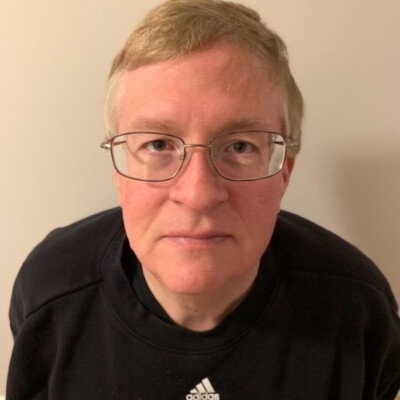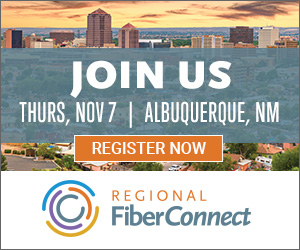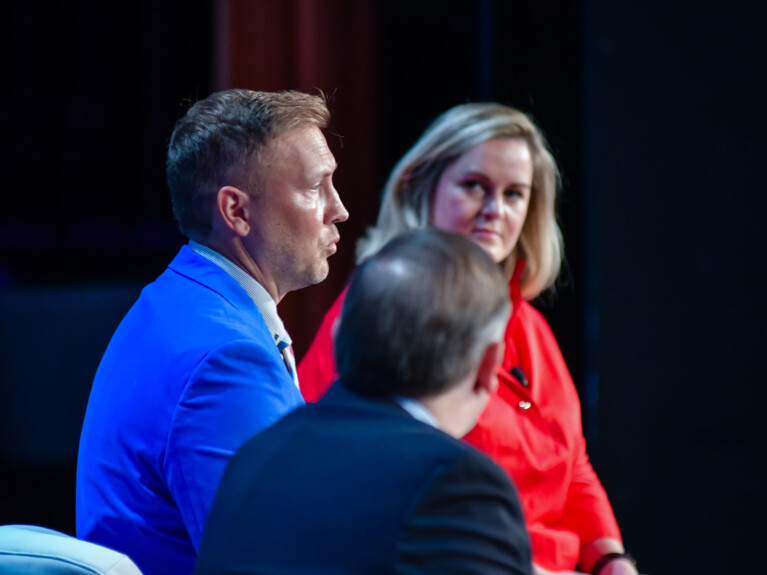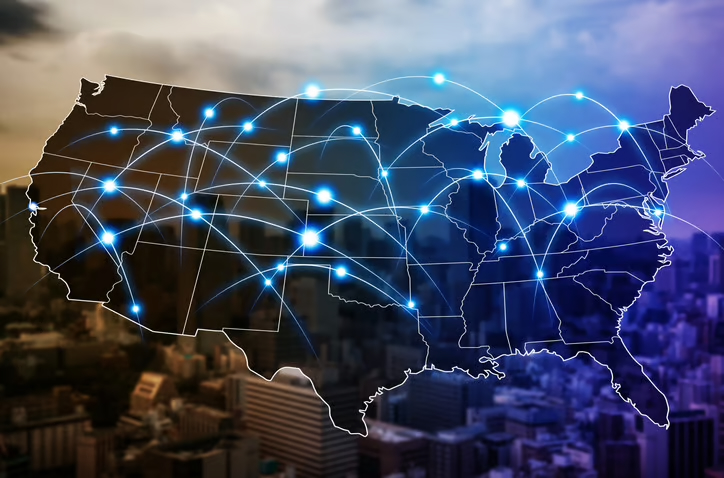Fiber to the Trailer Park
Manufactured homes, also known as trailers or mobile homes, are a big and often missed category when it comes to closing the digital divide. “If the mobile home community was a state, it would be the third largest state in the United States of America, just behind California, Texas, and ahead of Florida,” said Joe Costello, CEO and founding investor of Kwikbit Internet. “There are between six and seven million mobile homes and RVs in the United States that represent somewhere between 20 and 25 million people.”
This population is hugely made up of unserved and underserved individuals as trailers and RV parks are commonly bypassed by traditional broadband carriers. Being privately-held areas, carriers will avoid pulling fiber as they believe it is not economically viable, effectively redlining them.
Kwikbit Internet’s model is tailored to Mobile Home and RV Parks and provides service into these areas, using local fiber to provide connectivity for its 60 GHz solution that provides symmetrical gigabit service for $50 a month to subscribers.
“We’re a distribution mechanism for fiber broadband,” Costello said. “The beauty of this technology is that we can distribute a very great fiber experience to lots of people very quickly, very rapidly, and very affordably, like delivering broadband service in a mobile home park.”
Last year, Kwikbit connected 50 parks with 12,500 sites across the country. Its goal is to connect 150 parks with 50,000 sites. To reach those numbers, Kwikbit is providing numerous customer-friendly incentives, including a free “try before you buy” month, no equipment rental or installation fees, no contracts, no data caps, and fixed pricing for at least two years.
Mobile home park residents are a challenging demographic, with potential customers burned by cable, satellite, and fixed wireless offerings in the past. In contrast, Kwikbit’s ease of installation and open service plan, along with high-speeds, have proved to be a winning combination.
“We were at a park down in Texas just before Christmas,” said Costello. “A guy comes, he’s pretty intense. After asking a bunch of questions he says, ’Okay, it’s free, I’ll give it a try.’ We installed him in half an hour. About an hour later he returns to the clubhouse where we were answering questions. He holds up his cell phone and it shows 840 down 760 up speeds. ‘My life has changed. My life has changed because the kids can have Christmas. This is the best thing that’s happened at this mobile home park.’”



